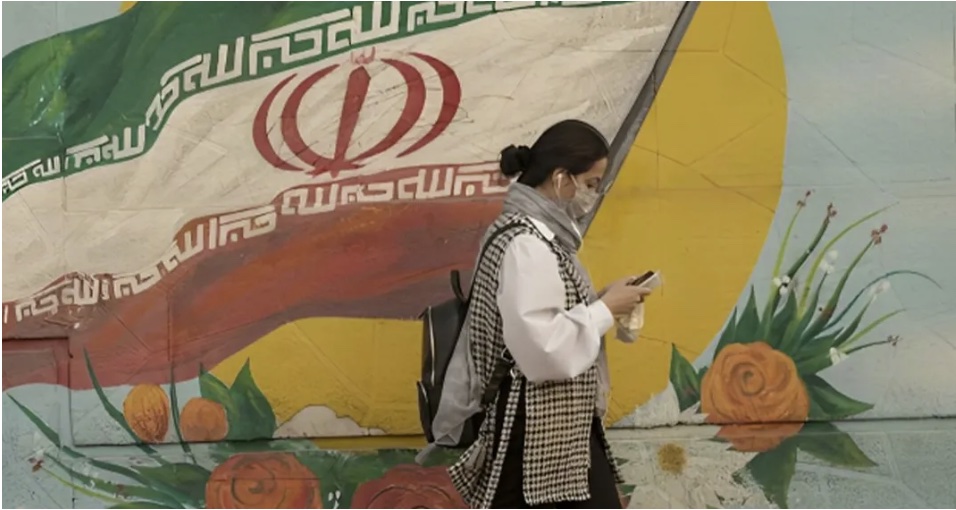Source: IranWire

The Islamic Republic’s Parliament has officially passed the “Chastity and Hijab” law, a 74-article piece of legislation that imposes severe penalties for hijab violations. The law is set to be implemented on December 13.
The law establishes a complex system of fines and restrictions targeting what it defines as improper dress for both men and women.
Under Article 49, individuals violating dress codes will face escalating financial penalties. Initial offenses will incur fines ranging from 20 million ($285) to 80 million ($1,140) tomans, while subsequent violations will attract higher fines, between 80 million and 165 million ($2,350) tomans.
Those unable to pay these fines will encounter significant service restrictions, including impediments to passport renewal, vehicle registration, obtaining country exit permits, releasing impounded vehicles, and acquiring or renewing driving licenses.
The law defines improper dress for women as clothing that exposes areas below the neck, above the ankles, or above the wrists, or clothing that “tempts” others.
Citizens are encouraged to report violations through the police’s public reporting system.
Business owners also face substantial penalties for promoting attire considered inappropriate by the law. A first offense could result in a maximum Grade 3 fine or the payment of two months’ business profit.
A second offense escalates to a maximum Grade 2 fine or four months’ business profit. A third offense compounds these penalties with a Grade 5 imprisonment sentence, potentially accompanied by travel bans and advertising restrictions.
The legislation mandates immediate detention for individuals deemed “nude” in public spaces.
A controversial aspect of the law is its extensive surveillance provision, which allows footage from various government agencies, including the Ministry of Intelligence and the Ministry of Defense, to identify individuals opposing the mandatory hijab.



